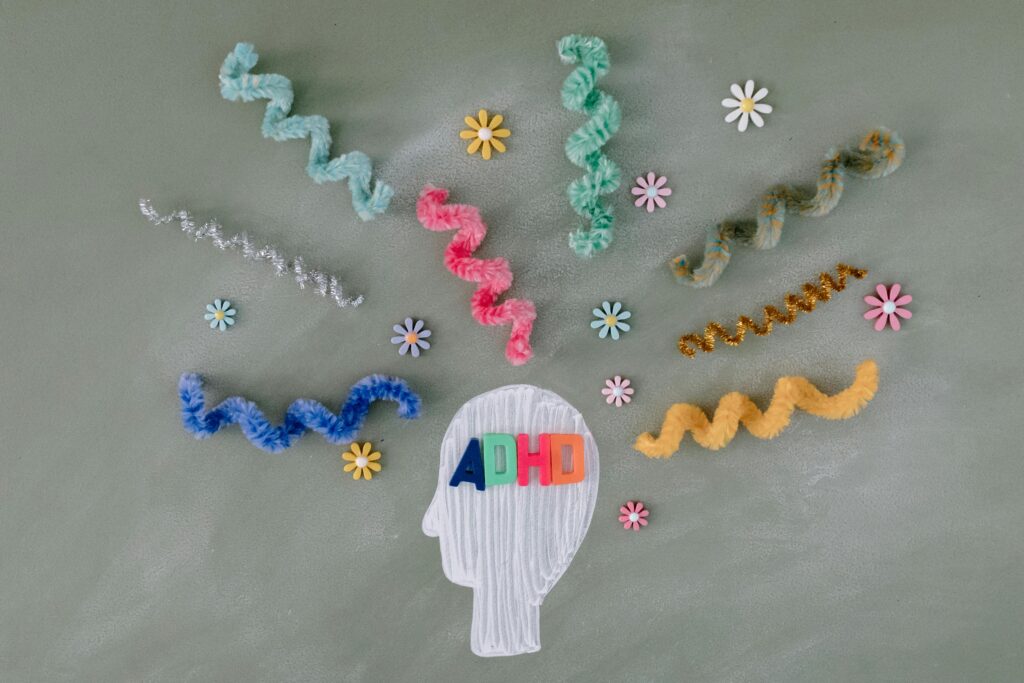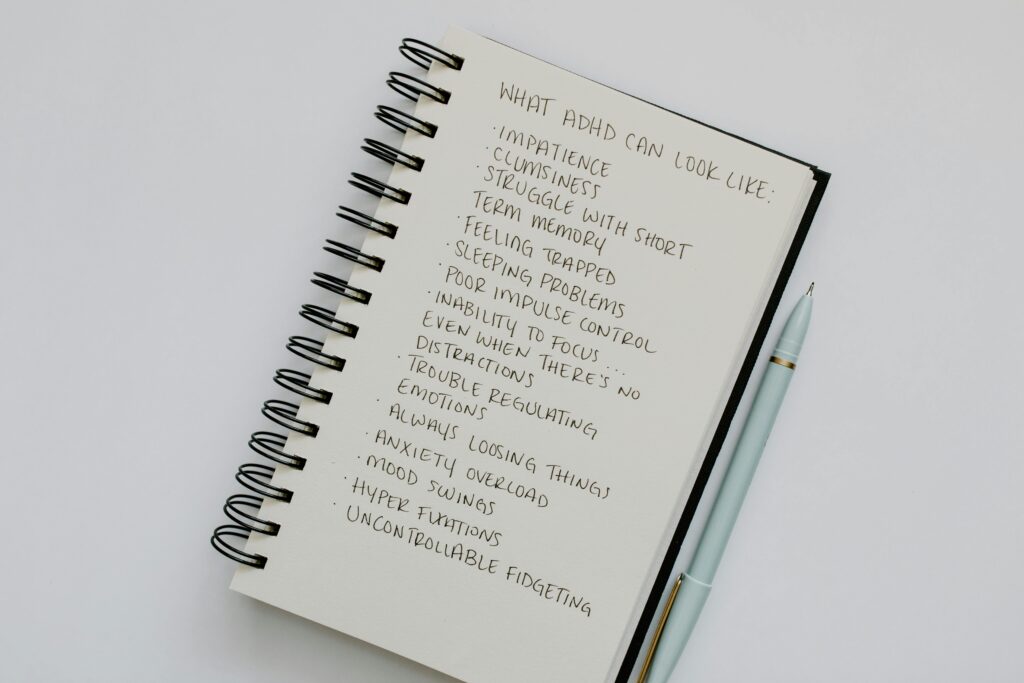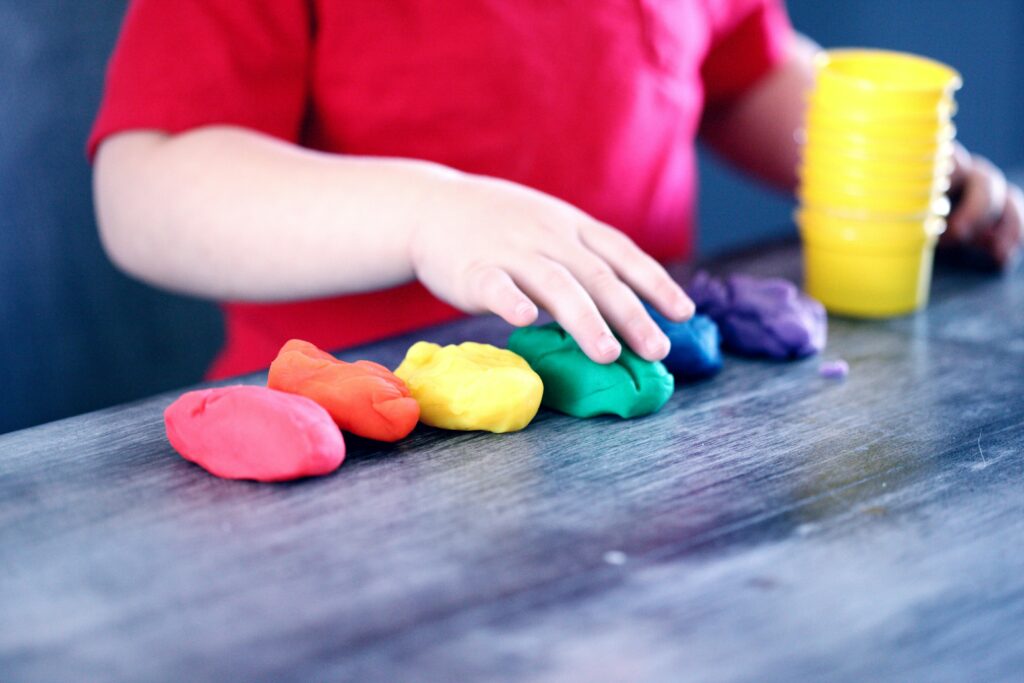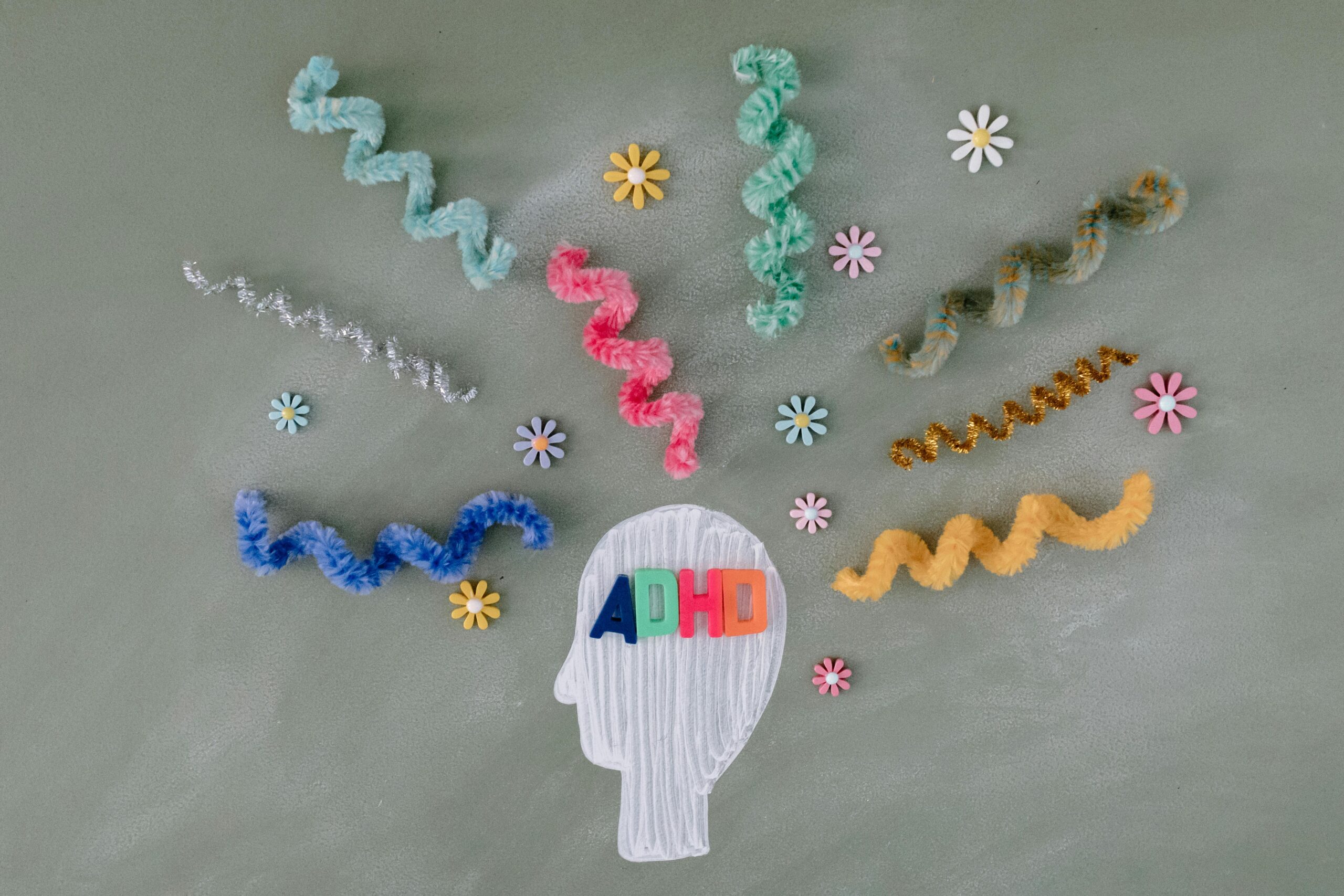You see the signs:
- You’re child can’t focus
- They’re bouncing off the walls
- They’re moody, defiant, and anxious
- They struggle in school, with friends, and even you

So you’re told, “it’s ADHD. Medication will help.” But what if that’s only part of the story?
The Silent Nighttime Danger Stealing Your Child’s Health.
Every night, your child may stop breathing — over and over again — without you either of you knowing. This is Sleep Apnea.
Sleep apnea is often misdiagnosed as ADHD. When the brain is starved of oxygen during sleep:
- It can’t focus
- It can’t regulate emotions
- It can’t grow, heal, or learn properly
And while your childe may seem to just have “behavioral problems.” their brain might actually be in crisis mode — fighting for air. All night long.

The Scary Truth: Sleep Apnea Can Mimic — and Worsen — ADHD.
- Studys show that up to 25% of kids diagnosed with ADHD may actually have sleep-apnea disordered breathing
- Children with sleep apnea are more likely to:
- Struggle in school
- Be diagnosed with learning disabilities
- Suffer from anxiety or depression
- Experience slowed growth and delayed development
- And long-term, untreated sleep apnea in children can lead to more serious health risks like:
- High blood pressure
- Heart strain
- Hormonal disruption
- Poor memory and learning delays

Medication Can’t Fix Oxygen Loss.
Stimulants may help symptoms… but they don’t fix the root cause if your child is not breathing properly while they sleep. What’s even more shocking? When sleep apnea is treated, some children no longer show signs of ADHD at all. One study showed a 36% improvement in behavior with sleep apnea treatment, compared to just 24% from ADHD meds alone.
Your Child’s Brain Needs Oxygen to Grow.
If your child:
- Snores loudly
- Grinds their teeth
- Wakes up tired or with headaches
- Has dark circles under their eyes
- Struggles with focus, behavior, or emotions
It’s time to take a closer look.
Get your child evaluated with a FREE consultation. One small test could change everything.



